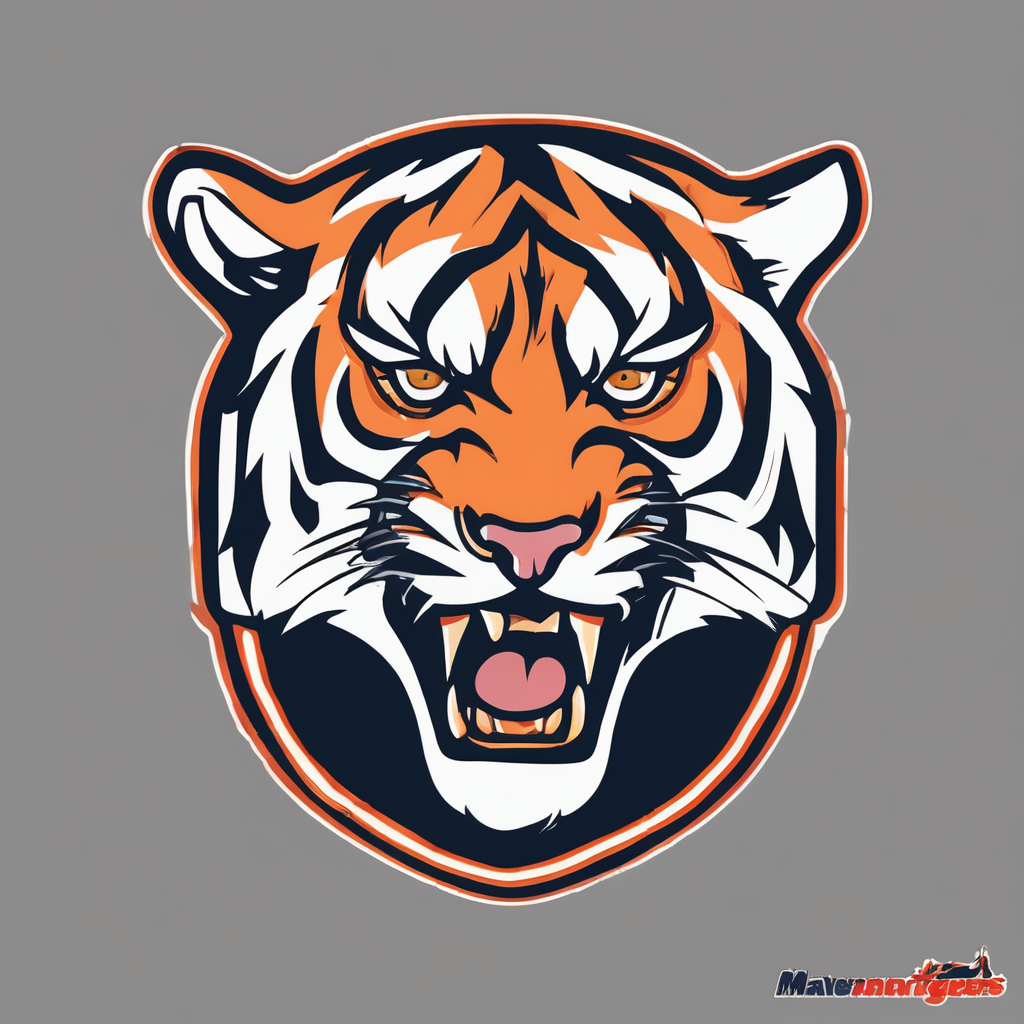Understanding the Off-Season in Martial Arts
The off-season is a crucial period for any martial artist, providing an invaluable opportunity for skill enhancement. During this time, athletes can focus on refining techniques and addressing weaknesses that may not be prioritized during competitive seasons. This focus leads to significant improvement as martial artists can dedicate time to mastering specific skills, away from the pressure of imminent competitions.
Engaging in off-season training also plays a significant role in enhancing overall athlete wellness. This period allows martial artists to recover from the physical demands of the sport, incorporating restorative practices such as yoga or meditation, which help in muscle recovery and mental relaxation. Such holistic health approaches not only improve physical well-being but also contribute to enhanced mental clarity and focus.
Have you seen this : Maximize Your Performance: Key Breathing Techniques for Elite UK Karate Athletes
In the UK, martial artists are particularly dedicated to their off-season regimes. Their commitment can be seen in structured programs that balance technical training with conditioning and mental preparation. By focusing on both physical and mental aspects, UK martial artists ensure they remain at the pinnacle of their abilities, ready to face the next competitive season revitalized and well prepared.
Training Regimes of UK Martial Artists during Off-Season
Exploring the training strategies of UK martial artists reveals a blend of tradition and innovation. A typical off-season training schedule is meticulously planned to ensure balanced development. It often includes a combination of martial arts drills, strength training, and flexibility exercises.
This might interest you : Mastering Off-Season Nutrition: Essential Dietary Strategies for UK Boxers
Martial artists dedicate time to perfect fitness routines that enhance their performance. This typically involves cardiovascular exercises, such as running or swimming, which build endurance. Additionally, weightlifting is integrated to increase strength, while yoga and Pilates focus on boosting flexibility and balance.
Key exercises in these routines include:
-
Technical drills: Practicing foundational techniques to improve precision and speed.
-
Conditioning circuits: Combining resistance training with aerobic exercises for overall fitness.
-
Sparring sessions: Controlled combat to hone defensive and offensive skills.
Incorporating strength training and flexibility is pivotal for reducing injury risk and enhancing lifespan in the sport. This balanced approach not only supports physical prowess but also lays the foundation for robust mental preparation, essential for peak performance in upcoming competitions. UK martial artists are thus well-prepared, blending traditional discipline with modern training regimes for optimal results during the competitive season.
Insights from UK Martial Artists
Learning from UK martial artists offers personal anecdotes revealing their dedication to the sport. Successful athletes often share stories of perseverance—overcoming days when motivation wanes through sheer willpower and strategic focus techniques. Determination is crucial, as is adherence to structured martial arts preparation.
Notable martial artists emphasize unique training strategies tailored to their individual needs. They recount balancing rigorous physical regimes with rest periods, highlighting the significance of mental training. According to one interview, staying mentally sharp during the off-season is as important as physical preparation. Techniques such as meditation and visualization are frequently employed to maintain a competitive edge.
Dedication stories also showcase how martial artists blossom through challenges. One famous practitioner spoke about an injury setback, stating it taught invaluable lessons about patience and adaptability. These experiences reinforce emotional resilience, a key factor in long-term success.
Interviews with seasoned athletes reveal that sharing these narratives fosters a sense of camaraderie, inspiring others to embrace off-season rigor. Establishing robust support networks helps in sustaining morale and maintaining a growth mindset, ultimately benefiting the martial arts community at large.
Mental Preparation Techniques
In martial arts, mental training plays a pivotal role, equipping athletes with the resilience needed to excel. Techniques such as meditation and visualisation form an essential part of a martial artist’s off-season regimen. But why is it crucial?
Experts suggest that mental conditioning not only enhances focus but also helps maintain motivation over prolonged periods. For instance, focus techniques like mindful breathing or guided imagery aid in centering the mind, thereby enhancing an athlete’s concentration during demanding training sessions. Martial artists in the UK have embraced these methods to foster a strong mental foundation, enabling them to perform optimally when competitions draw near.
Developing emotional resilience is another critical aspect. It involves confronting and overcoming frustrations, leading to a more adaptive and positive mindset. Athletes often recount scenarios where they’ve translated setbacks into growth opportunities by employing these strategies. Particularly during the off-season, building emotional fortitude empowers martial artists, providing the psychological edge necessary for success. Consequently, integrating these mental practices with physical training helps in cultivating a holistic approach, ensuring sustained peak performance throughout the athletic journey.
Personal Growth Opportunities in Off-Season
The off-season offers martial artists valuable opportunities for personal development and skill acquisition. Utilizing this time effectively can significantly impact an athlete’s growth. Exploring new martial arts styles or techniques often takes priority during this period. Engaging in diverse practices aids in broadening their repertoire and enhances adaptability in various combat scenarios.
Developing a growth mindset is another crucial aspect. Emphasizing continuous improvement, martial artists focus on setting achievable challenges that lead to gradual advancement. Monitoring progress boosts confidence and solidifies commitment to long-term goals. This mindset encourages martial artists to embrace challenges as learning opportunities, fostering resilience and perseverance.
In addition to skills and mindset, the off-season is ideal for setting and achieving personal goals. Athletes may prioritize mastering a new form or technique, improving specific weaknesses, or even expanding their knowledge of martial arts history and philosophy. Having clear objectives provides direction and purpose during the off-season, ensuring that training remains structured and focused.
Overall, dedicating time to personal growth during the off-season empowers martial artists not only to enhance their abilities but also to cultivate a mindset geared towards lifelong learning and improvement.
Community and Support Systems
The martial arts community plays a pivotal role in supporting athletes, particularly during the off-season. This period is a prime opportunity for martial artists to connect with their peers, fostering peer support that encourages personal and skill development. Engaging with fellow practitioners provides invaluable insights and techniques, enriching the learning experience beyond individual training.
Building connections is facilitated through networking events and social gatherings, where martial artists can share experiences and strategies. Such environments nurture a sense of belonging and mutual encouragement, crucial for maintaining motivation and focus. These relationships often transcend the training mat, forming a supportive network that athletes rely on during challenging moment.
Mentorship and coaching provided by experienced martial artists offer guidance and motivation throughout the off-season. Coaches and mentors are instrumental in identifying areas for improvement, helping athletes set realistic goals, and providing strategies for overcoming obstacles. This mentorship fosters a culture of growth, allowing martial artists to benefit from the wisdom and experience of others.
Overall, the martial arts community creates a collaborative environment where athletes support one another, ensuring that personal and martial arts preparation goals are achieved effectively and efficiently.


